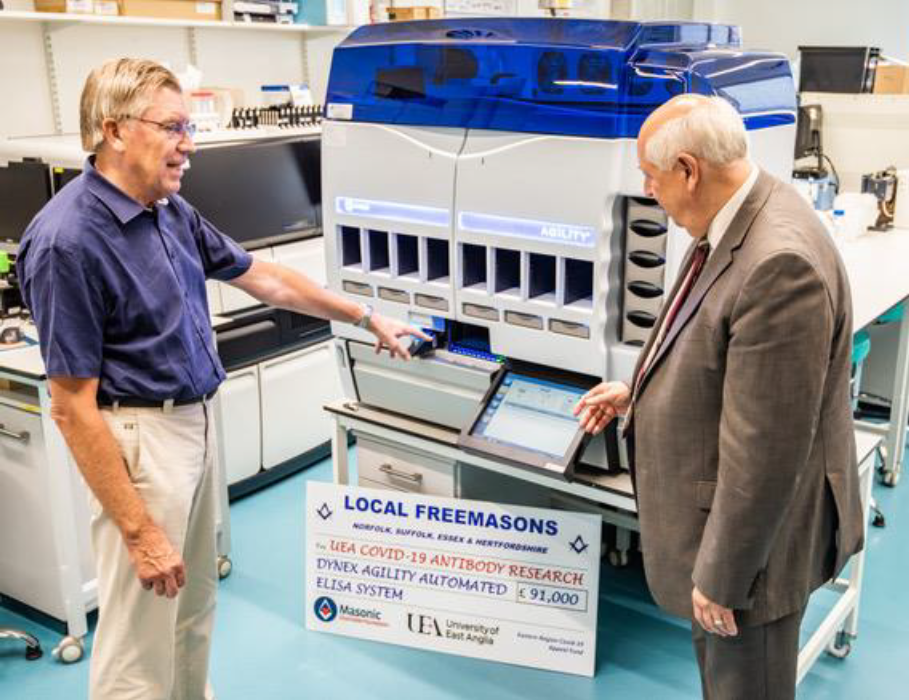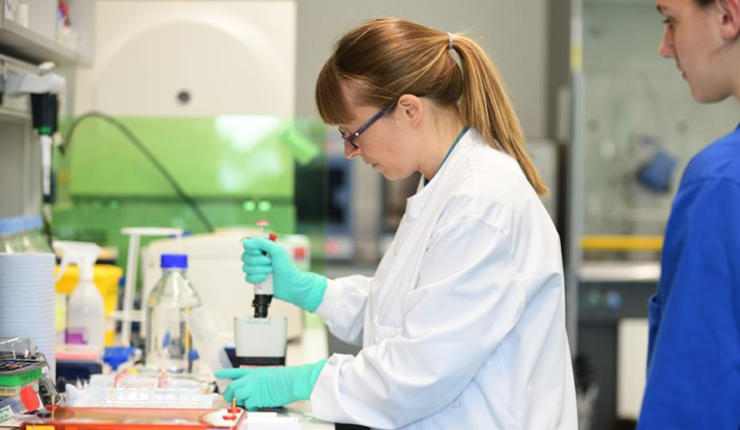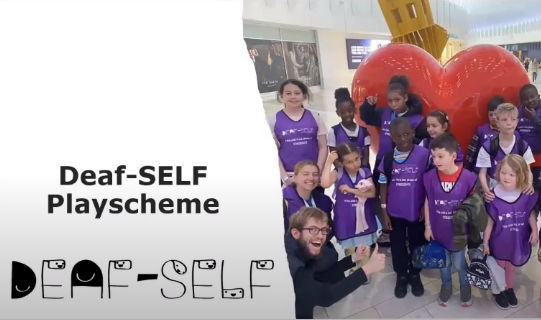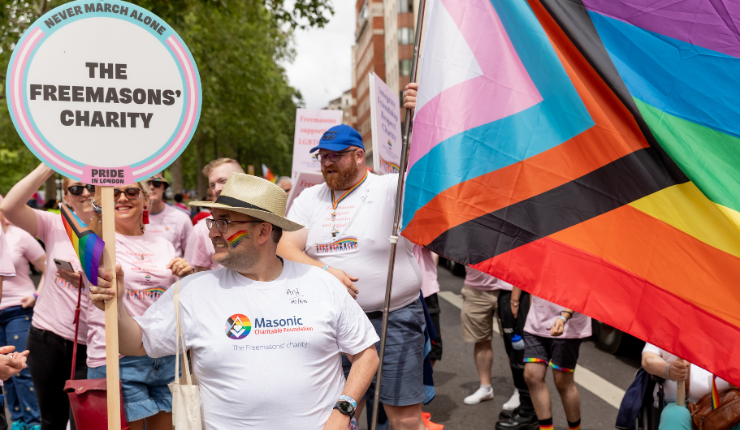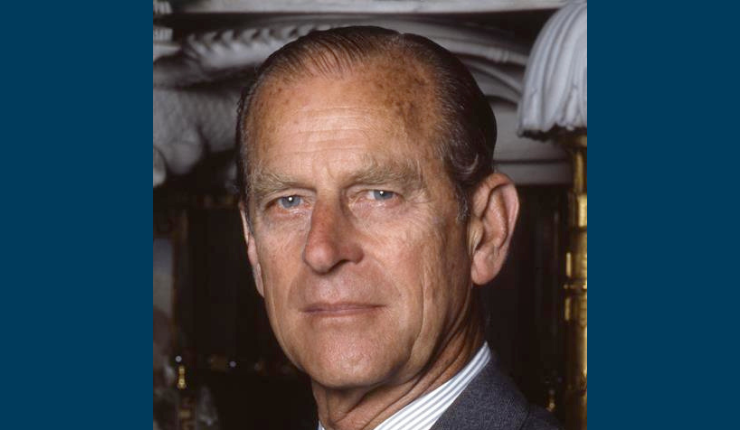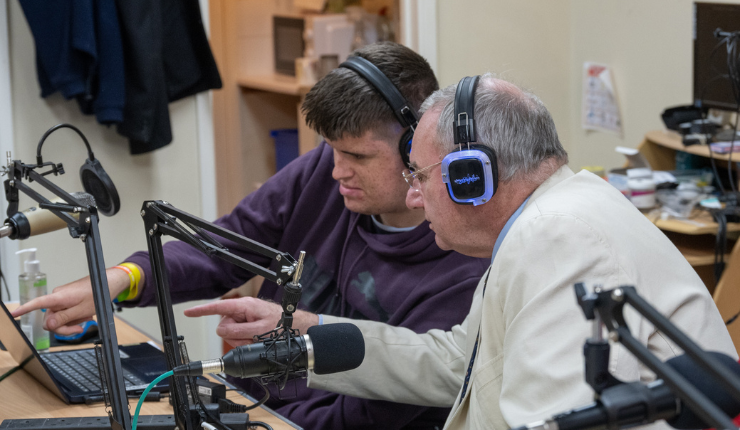Grants to charities, Medical research
Impact update of UEA COVID-19 research
In July, Freemasons donated £100,000 to fund a COVID-19 testing machine at the University of East Anglia.
In September, UEA sent us an update on the impact of our support, which you can read below.
Progress so far
The DYNEX Agility Unit you generously supported is fully configured and running extremely well. We have trained a Research Fellow, a Senior Research Associate and two technicians to use the new machine to carry out antibody testing to determine if someone has had the virus and if they have developed immunity to it.
So far, the team have analysed 1,000 coronavirus samples and the testing capacity is now greater than 600 tests per day. The Government have only just agreed to allow antibody testing nationally and have asked the Norfolk and Norwich University Hospital (NNUH) to produce 1,400 test results per day. Together, with other analysers across the Norwich Research Park, we will contribute capacity to meet this demand. Our fully validated testing system has also been able to help validate or reject other possible tests that could be used to further increase total capacity across the Eastern Region and beyond.
What’s next?
An important new phase of UEA’s COVID-19 research will begin in just a couple of weeks. As students from across the UK and globally begin to return to the UEA campus for the start of the new academic year, UEA is offering coronavirus testing to all students and staff working on campus. The test that is being offered is the PCR test which detects if someone currently has the virus.
The testing aims to prevent the silent spread of the virus and to provide reassurance to students, staff and the whole Norfolk community. It will allow UEA to swiftly localise any outbreaks and put immediate measures in place to support those who have contracted the virus and enable others to continue their studies and deliver critical scientific research with minimal disruption.
Prof Bill Fraser’s antibody test will play a vital role in this work. Those who return a positive PCR test will be asked to contribute a blood sample regularly to Prof Fraser’s team in order to determine whether immunity persists over time and to understand whether patients who test positive for antibodies become re-infected. This further test will provide vital information to support the future fight against COVID-19.
Looking further into the future, Prof Fraser’s test will also be used when the first vaccines are distributed to understand the type of protection it offers in the long, medium or short-term. The test will provide vital information to understand how regularly the population of Norfolk needs to receive further vaccinations. For example, parts of our population are vaccinated every year for flu. Our project will also contribute to the global understanding of long-term immunity and vaccination success.
Your impact beyond COVID-19
In our last impact report, we told you how the purchase of the Agility Unit has enabled UEA to expand and accelerate other sample results for the benefit of patient care across several other disease and areas of clinical research. We are pleased to report that our scientists have processed samples for diseases such as osteoporosis, Paget’s Disease of Bone (a disease that can cause affected bones to become fragile and misshapen), osteomalacia (softening of the bones), Rickets, chronic kidney disease, asthma, HIV (in children), gestational hypercalcemia and pre eclampsia in pregnancy.
The team are also working closely with the Ministry of Defence to look at bone health in army recruits. Intensive training can induce stress fractures and the laboratory is involved in a treatment study to accelerate healing and aid return to training.
For all of the work above, the purchase of the machine has resulted in the team being able to process more samples, with better results, in a much shorter amount of time.
Looking to the future
Prof Fraser’s antibody test determines if someone has had coronavirus and if they have developed immunity to it. While we wait for a vaccination, the testing will help build up a list of donors who could be used in convalescent plasma trials that could tell us how effective plasma from people who’ve had the virus is for treating coronavirus patients.
The full impact of COVID-19 is not yet fully understood, but this strategic and long-term project will bring vital knowledge to our research community – and eventually our health services on the front line – to manage the fight against the pandemic and ensure we can all return to a normal life as soon as possible.
Thank you to each and every Freemason from the East Anglian regions who has so generously contributed and supported this project which will be crucial to the regional, national, and indeed global, long-term fight against COVID-19.
